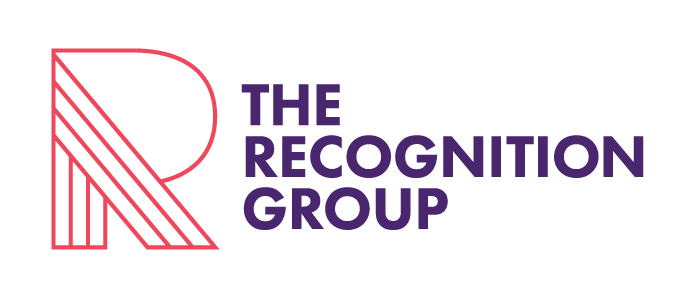Journalist interviews: how to maximise your coverage
Positive media coverage can attract important opportunities for growth.
Given this, it’s important that your media spokespeople make a great first impression on a journalist. Journalists are the key to your exposure and, ultimately, they determine how your business is perceived through media coverage.
Maximise your chances of gaining positive coverage when speaking with a journalist using the following tips:
Remember: you are the message
When speaking with a journalist, you need to embody your company culture in the way you act, speak, and dress. Think about what your company represents. What are your company’s values and priorities? For example, if your company values professionalism, consider dressing up rather than meeting a journalist in jeans and a polo.
Likewise, speaking formally will depict your company as serious and experienced rather than casual and easygoing.
When doing a phone interview, maintain a strong posture and body language, and use professional language. Stay focused, and don’t get distracted checking emails or doodling during the call. When you speak to a journalist, you are your company, so represent it well.
The seven questions a journalist will always ask
Who; what; when; where; why; how; how much?
Journalists ask these questions to understand your company, service or product, as well as decide whether your story is worth writing about. Expecting these questions before an interview means you can arrive prepared and offer clear answers about what your service offers, why it matters, and even how much money, time, or effort is involved in its sale.
Stay true to your key messages
Know your core messages and themes and stay loyal to them throughout the interview. We recommend writing down your key topics and bringing them with you so you can keep them top of mind. Refer to your list of key messages as the interview is summing up, and make sure you haven’t missed anything. It’s frustrating when you realise you forgot to talk about something fundamental after an interview has finished.
You should also write down the topics you don’t want to talk about so you can prepare some answers in case the journalist asks about those areas. However, never take that list into the interview with you in case you leave it behind or let a journalist catch a glimpse of it.
Preparation, preparation, preparation
Interviews with journalists can feel confronting and unpredictable when you haven’t done many before. Remember that dressing and speaking according to your company’s culture, preparing for the questions you can expect from a journalist, and committing to your list of key messages will all increase the likelihood of gaining positive coverage for your business, and increase your overall comfort with the experience.
